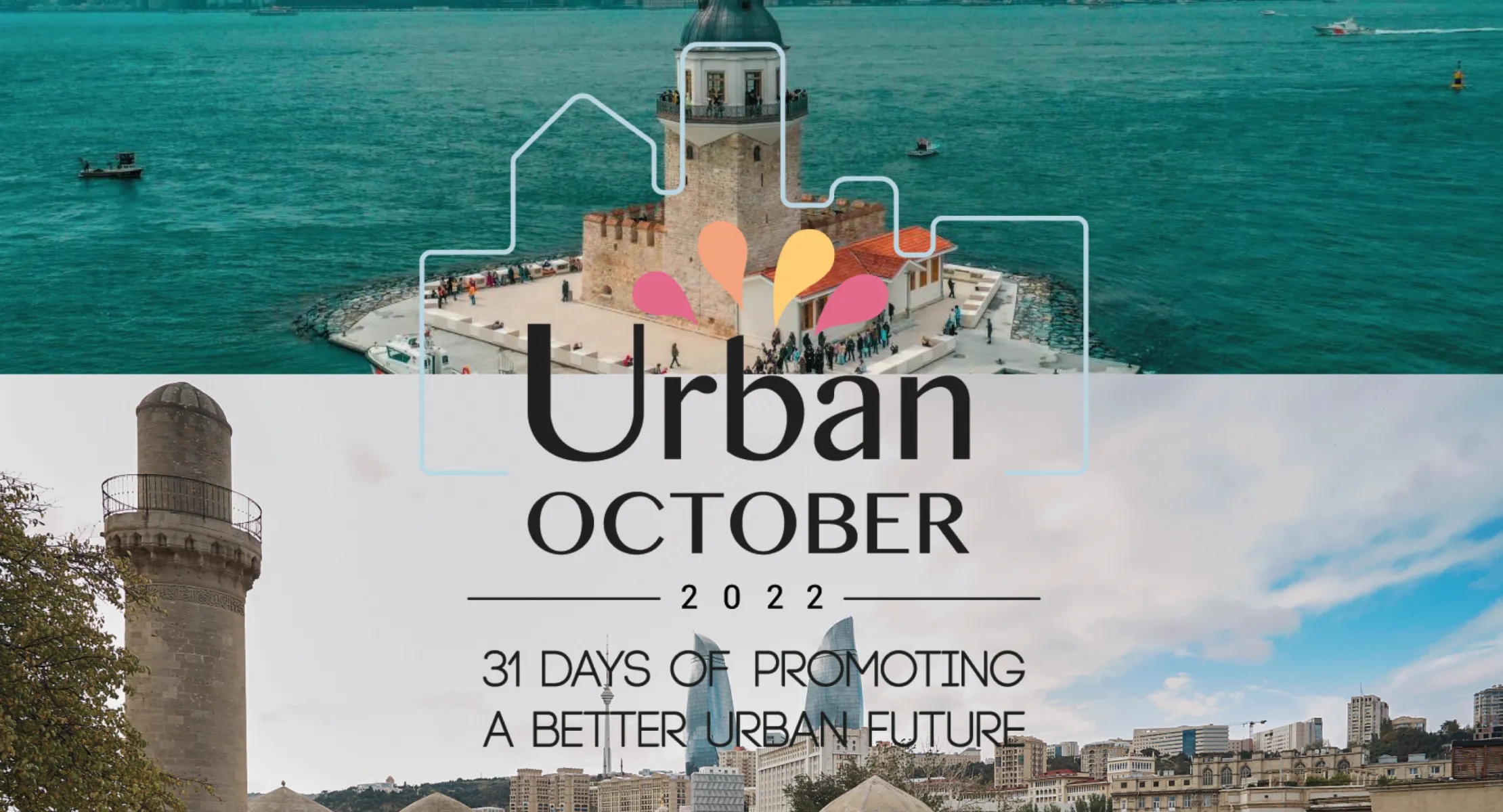Plan de Desarrolo Urbano de Quimistán
Aluminé Municipal Development Plan
Introduction
UN-Habitat developed the project "Development of sustainable and resilient cities and communities in Neuquen Argentine Province", together with the Secretariat of Planning and Action for Development (COPADE) of the Government of the Province of Neuquén and financed by the Federal Investment Council of the Argentine Republic (CFI). The project included different products elaborated in collaboration with the United Nations Office for Project Services (UNOPS) and UN Women.
Safeguarding Heritage and Community in Shuangta, Suzhou
Plano Diretor Municipal de Jaboatão dos Guararapes/ Municipal Master Plan of Jaboatão dos Guararapes
Urban October Recap: Pioneering Pathways for Sustainable Urbanism and Inclusive Participatory Planning

UN-Habitat
It is now just under a month since the very important Urban October came to an end. The Urban October doesn't just mark a month on the calendar; it signifies a global ode to the pulse of urban life, a celebration of the cities that breathe, evolve, and shape the very essence of our modern life. In the kaleidoscope of initiatives and events, cities worldwide become the canvas upon which innovation, sustainability, and community empowerment converge.
Each October, UN-Habitat collaborates with partners to orchestrate a month-long series of engagements, discussions, and events dedicated to urban sustainability. Commencing with World Habitat Day on October 2nd and culminating with World Cities Day on October 31st, Urban October encapsulates a multitude of events worldwide. Different cities take turns each year to host global commemorations for these pivotal days, uniting diverse voices in shaping the future of urban spaces.